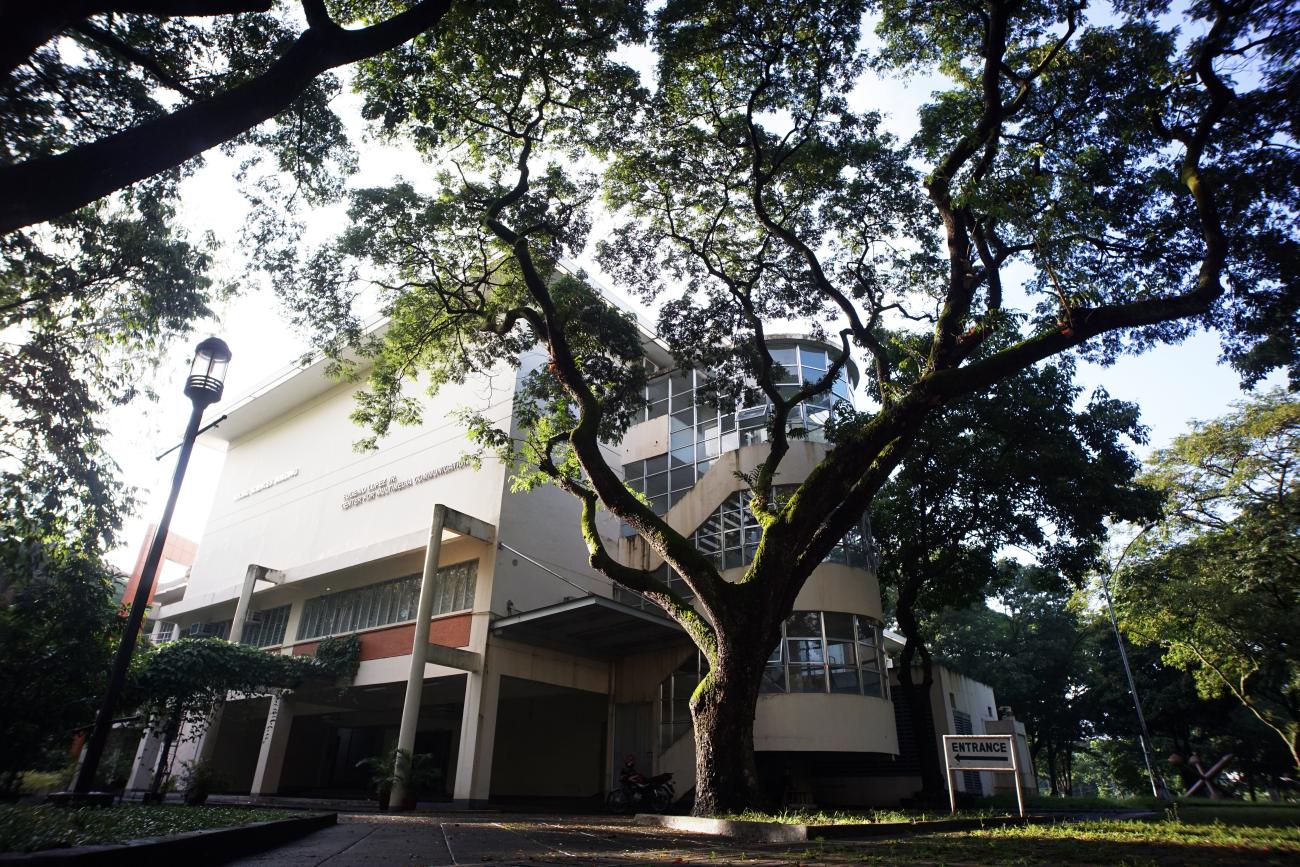About SOSS
A Message from the Dean
I am pleased to welcome you to Ateneo de Manila University.
The School of Social Sciences is home to a wide range of disciplines and area studies but united in the formation of students toward a meaningful engagement with society, becoming leaders in building the nation, and being competent in drawing from local and global knowledge.
Together let us strive to make the practice of the Social Sciences in Ateneo de Manila University be infused by least three elements: one, a sense of belonging as a way of ensuring successful navigations of University spaces by those who study and work in the University; two, the problem-solving mode that highlights the role of social scientists in offering not only analysis or critique but practical results; and three, translocal and transnational engagements as a way for us to understand the Philippines better.
The first element is best understood when we see our stay in the University as a ‘university parcours.’ University parkour is a social science concept that highlights the dynamic and processual nature of studying and working in the University. For those studying: from enrolling in an academic program to graduation, from navigating the hurdles of attending (online) classes to passing the obstacles of exams and other academic and co-curricular activities. For those working: from being assessed a suitable candidate for teaching, research, or office work to overcoming the challenges of the new. As a transformative social space, the School of Social Sciences will offer students opportunities to embrace new schemes of engagement with their own self and others as they strategize toward personal and professional aspirations in the future. Throughout their stay in the university, the School will help students develop a sense of belonging marked by commonality, mutuality, and attachment, with teachers, administrators, and staff serving as life models.
The psychiatrist M. Scott Beck wrote in the "The Road Less Travelled": “Life is a series of problems. Do we want to moan about them or solve them?” By the problem-solving mode, I mean a social science approach focused on solving a problem. It is a special quality of knowledge mobilization in which the social scientist consciously contributes toward making institutions and systems fulfill their functions. The social scientist thus, offers not only analysis but practical results; to offer practical results is to solve a problem. In the problem-solving mode, opening up the social sciences to other disciplines and epistemic communities, and uncovering the ‘plurality of particularism’ in our contextualizations become central to the work of the social scientist. In the second element of doing and thinking the social sciences, there is unity in research and publications equally characterized by scholarly publications and intelligent popularization of social science data and analysis. In turn, there is unity in teaching, research, and engagements with extra-academic audiences.
The third element, translocal and transnational engagements, will be best pursued by our ongoing initiative to establish the Ricardo Leong Institute for Global and Area Studies. Translocal teaching, research, and engagements with extra-academic audiences across the country will help us understand the centers and peripheries outside of Metro Manila. Non-Philippine area studies will anchor the work of the School of Social Sciences on the multicultural, interdisciplinary, and transdisciplinary understandings of the Southeast Asian region and the wider world. Transnational studies are an essential response to the need for nation-building in our country because an understanding of another country will help highlight particularities and distinctions in the Philippine experience.
I hope that the practice of the Social Sciences I outlined above will help us experience personal and structural transformation solidly grounded on Ignatian spirituality and equally oriented toward inclusive human development and planetary well-being.
See you around. See you soon.
Czarina Saloma-Akpedonu, Dr. rer. soc.
Dean, School of Social Sciences
School of Social Sciences
Ricardo and Dr Rosita Leong Hall
Ateneo de Manila University Loyola Heights campus
Katipunan Avenue, Loyola Heights
1108 Quezon City
Philippines
